
Q: Who may be deemed ‘essential employees’ for buildings during the quarantine/lockdown to maintain resident services?
A: According to David L. Berkey of New York City-based firm Gallet Dreyer & Berkey LLP, “New York State’s guide for their employees during COVID-19 containment efforts states that essential employees shall include ‘Maintenance, Safety & Security, Fire Safety, Capital Services, Emergency Management, Food Service Workers, Housekeeping staff, Cooks and Cleaning Staff.’ We can argue that the same rules should apply for building employees. (See this article for more information on what are as of this writing considered essential business/employees: https://cooperator.com/article/what-isan-essential-business-Ed.) The Center for Disease Control (CDC) defines essential business functions,
jobs, or roles as those that are required to maintain business operations. Similarly, The New York State Department of Health advises that essential employees are those whom the building deems essential for the performance of services in that individual building. Therefore, doormen, porters and supers may be ‘essential employees.’ Case law regarding the warranty of habitability also states that maintenance and janitorial persons perform essential functions for the building. Park W. Mgmt. Corp. v. Mitchell, 47 N.Y.2d 316, 329, 391 N.E.2d 1288, 1295 (1979).
“For all of the above reasons, we believe that maintenance, security and cleanliness are considered essential functions to be coordinated for the health and safety of a building and its residents, and those performing these functions would be considered ‘essential employees.’
Q: What should a landlord, board, or manager do if a member of their building staff tests positive for COVID-19?
A: “We recommend that landlords, boards, and managers ask the infected staff member to identify all individuals with whom he or she worked in close proximity (three to six feet) during the previous 14 days,” Berkey continues, “and then send all such staff members home for a 14-day period to ensure that the infection does not spread. In the event this results in a building having an insufficient number of available staff, [buildings] may be required to find temporary staff.
“Landlords and boards should also undertake a deep cleaning of the affected workspaces and common spaces. Lastly and very importantly, the landlord or board should advise all residents that a staff member has tested positive, and that the building is taking all necessary steps and precautions to minimize risk to its residents.
Q: What is the board’s obligation to protect its staff?
A: “The board has an affirmative obligation to protect its staff as set forth by tht
Occupational Safety and Health Administration (OSHA) guidelines,” says Berkey, “and provide a place of employment free from recognized hazards which may cause death and harm.
“OSHA recommends that landlords and building administrators implement the following protocols:
Promote frequent and thorough hand washing, including by providing staff and visitors with a place to wash their hands. If soap and running water are not immediately available, provide alcohol-based hand rubs containing at least 60% alcohol
Explore whether they can establish policies and practices, such as [ note – we are talking about doormen and porters] flexible work hours (e.g., staggered shifts), to increase the physical distance among staff and others because state and local health authorities recommend the use of social distancing strategies.
Introduce options for conducting essential operations with a reduced workforce, including cross-training workers across different jobs in order to continue operations or deliver surge services.
Require staff to stay home if they are exhibiting symptoms of COVID-19.
Encourage respiratory etiquette, including covering coughs and sneezes.
Encourage staff when entering individual homes to inquire with residents if they are exhibiting symptoms of COVID-19 and if they have traveled to high-risk areas. If the resident answers yes to either of these questions, and the visit may be postponed, staff are encouraged to do so. If postponing the visit is impossible, the resident should remain in a different room during the duration of the visit with the door closed. If possible, the resident should wear a face mask, and the employee(s) should immediately wash their hands for at least 20 seconds with soap and water, or use an approved alcohol-based hand sanitizer.
Implement a course of action for prompt identification and isolation of infected individuals.
Ensure there are face masks, hand sanitizers, soap and sanitized towels readily available for all staff.”



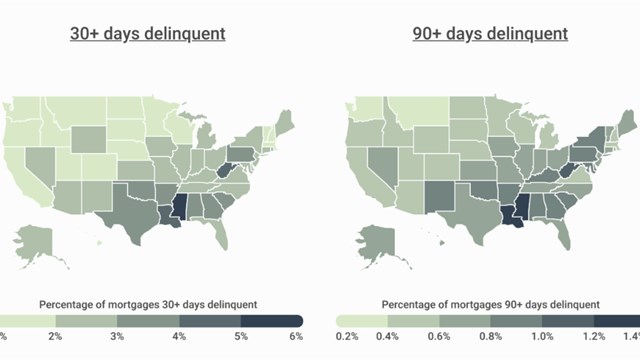
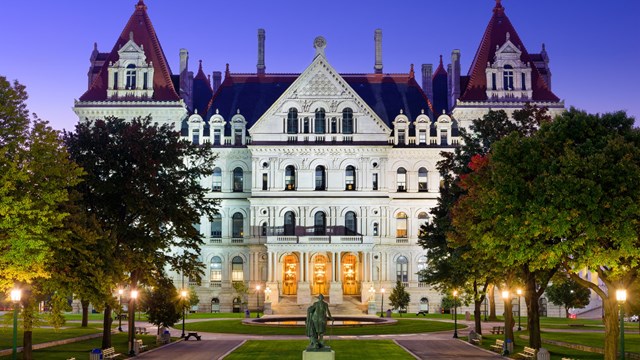
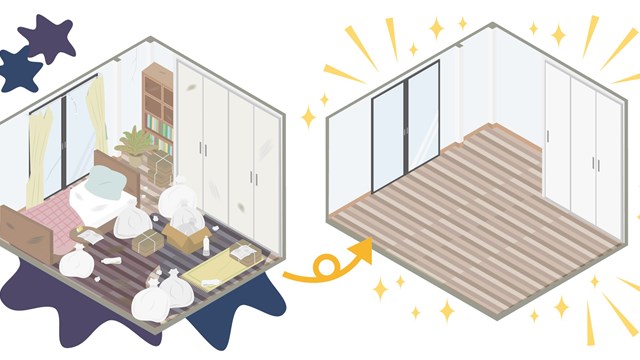
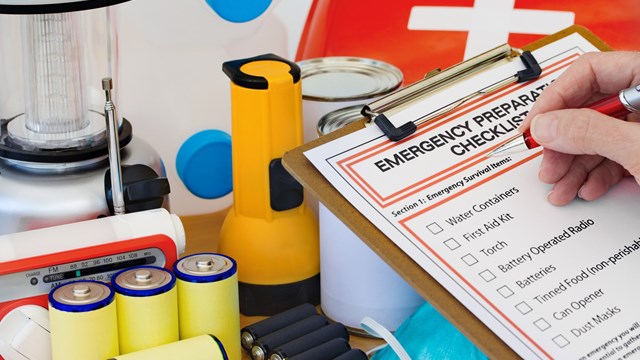
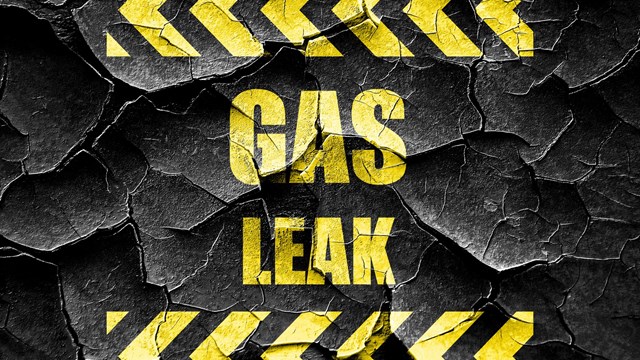

Leave a Comment